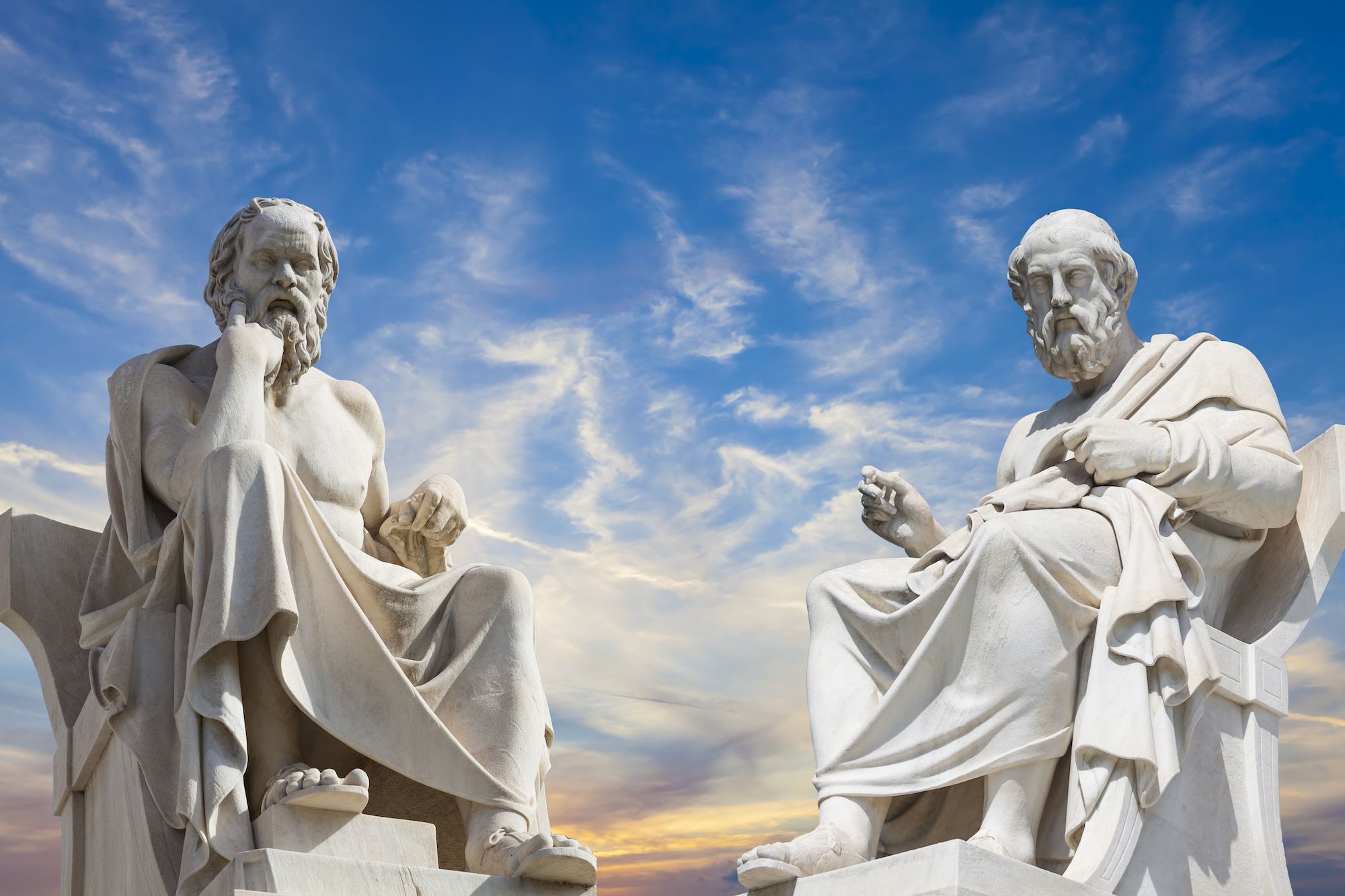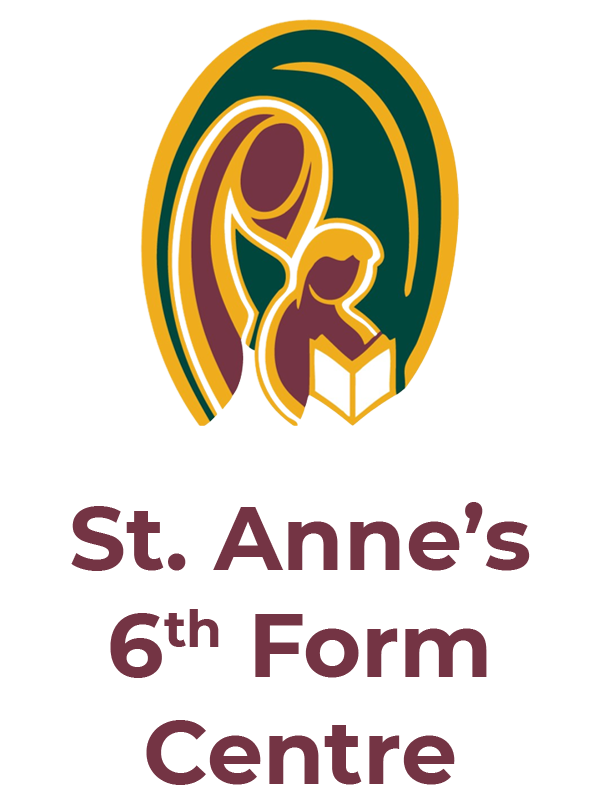Religious Studies: Philosophy and Ethics A Level
DEPARTMENT STAFF
Subject Leader: Mr C Tamale
KS5 Subject Teachers: Ms S Yiannakas, Ms Maidment
DEPARTMENT STAFF
Subject Leader: Mr C Tamale
KS5 Subject Teachers: Ms S Yiannakas, Ms Maidment
As a department we aim to:
- Build students’ confidence and passion for thinking, learning and responding to challenging concepts.
- Foster enquiring minds to grapple with ultimate questions in life, for example, can we be responsible for our actions if we do not have free will?
- Develop critical thinking and analytical skills.
- Enable students to come to informed judgements and express their opinions coherently.
- Encourage students to engage with a broad range of scholarly works and to incorporate and evaluate these ideas within their own writing.

Religious Studies will enable you to:
- Develop your interest in a rigorous study of religion and belief and relate it to the wider world.
- Develop knowledge and understanding appropriate to a specialist study of religion.
- Develop an understanding and appreciation of religious thought and its contribution to individuals, communities and societies
- Adopt an enquiring, critical and reflective approach to the study of religion
- Reflect on and develop their own values, opinions and attitudes in the light of their study
A Level Religious Studies is a two year course and students will study three components that are externally assessed. The exam for each component will be worth 120 marks and represents 33.3% of the total marks for A Level. These exams will take the form of an externally assessed written papers lasting 2 hours each.
Component 1: Philosophy of Religion
Students will learn about:
- Ancient philosophical influences; Plato and Aristotle
- The nature of the soul, mind and body
- Arguments about the existence or non-existence of God
- The nature and impact of religious experience
- The challenge for religious belief of the problem of evil
- Ideas about the nature of God
- Issues in religious language.
Component 2: Religion and ethics
Students will learn about:
- Normative ethical theories
- The application of ethical theory to two contemporary issues of importance; euthanasia and business ethics
- Ethical language and thought
- Debates surrounding the significant idea of conscience
- Sexual ethics and the influence on ethical thought of developments in religious beliefs.
Component 3: Developments in Christian Thought
Students will learn about:
- Human nature in the context of the purpose of life, the self and immortality
- The different Christian interpretations of the promise and nature of the afterlife
- The relationship between faith and reason and how Christians may understand their relationship with God
- Historical and theological understandings of Jesus; Son of God, teacher of wisdom and a liberator
- How Christian traditions view other religions and non-religious worldviews
- Feminist approaches to theology, the changing roles of men and women and the social influence of religious institutions
Students will be required to demonstrate their ability to construct and develop a sustained and coherent line of reasoning and make connections between different elements of the subject. Therefore good literacy and writing skills are essential for the study of A Level Religious Studies.

Possible Careers
There are many transferrable skills that you gain through A Level Religious Studies such as critical thinking and analysis, research skills, an ability to interpret opinions and express your own position on perplexing issues and an ability to empathise with others.
Religious Studies A Level therefore complements a range of university courses such as Law, Politics, Journalism, Finance, Business, Teaching, Environmental Science and Medicine/Nursing.
Further Reading
- Specification OCR A Level Religious Studies H573 Specification
Websites where you can gain more information about the course and content:
Books:
- ‘Sophie’s World’ by Jostein Gaarder
- ‘The God Delusion’ by Richard Dawkins
- ‘The Dawkins Delusion’ by Alistair McGrath
Trips & Extra Curricular Club/Activities
Students will have the opportunity to attend external lectures which furthers their knowledge of the specification. Interventions are also offered to enhance learning that has taken place within the classroom.
